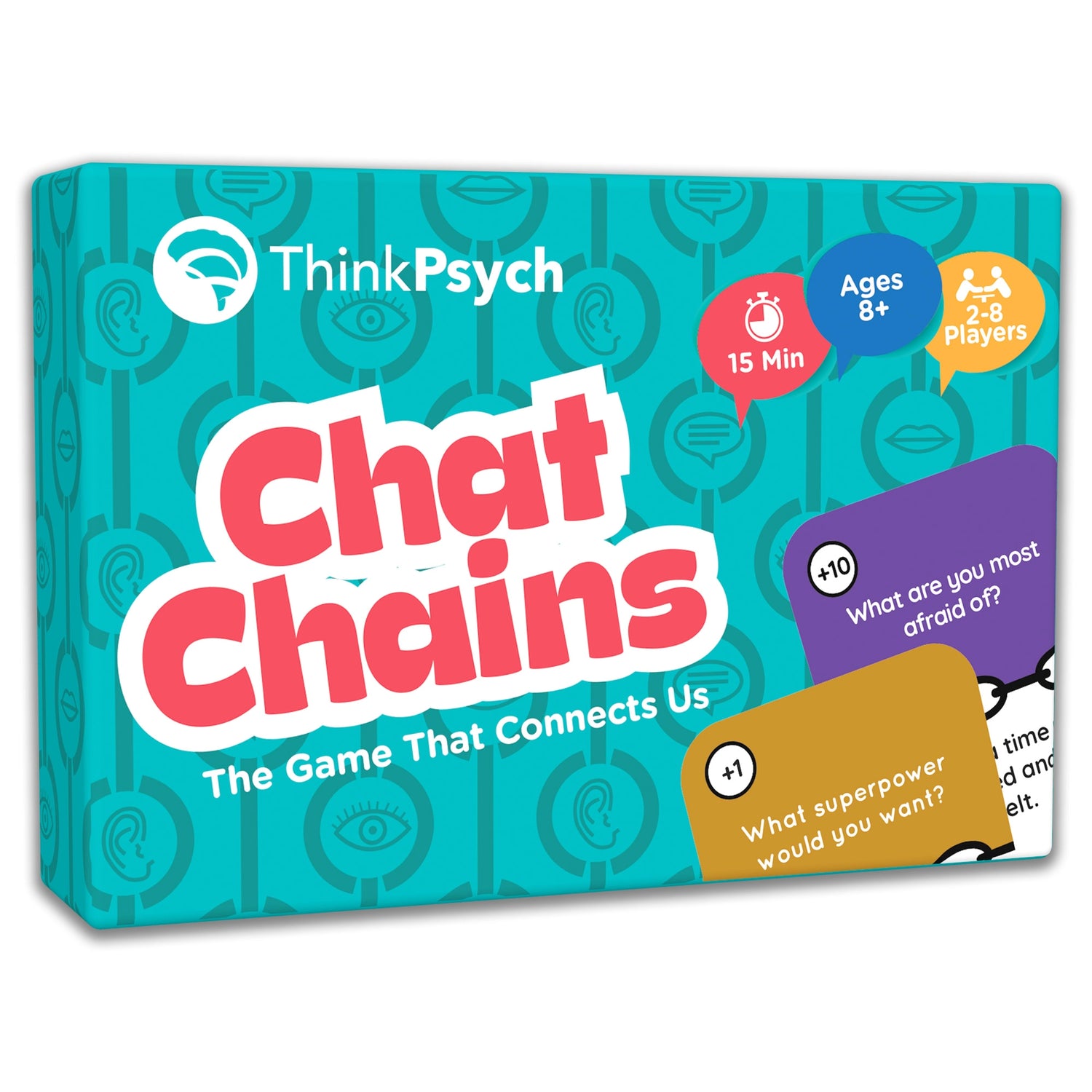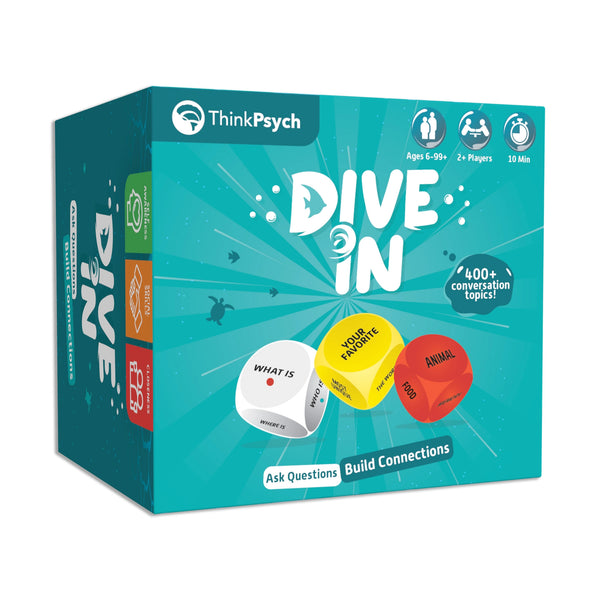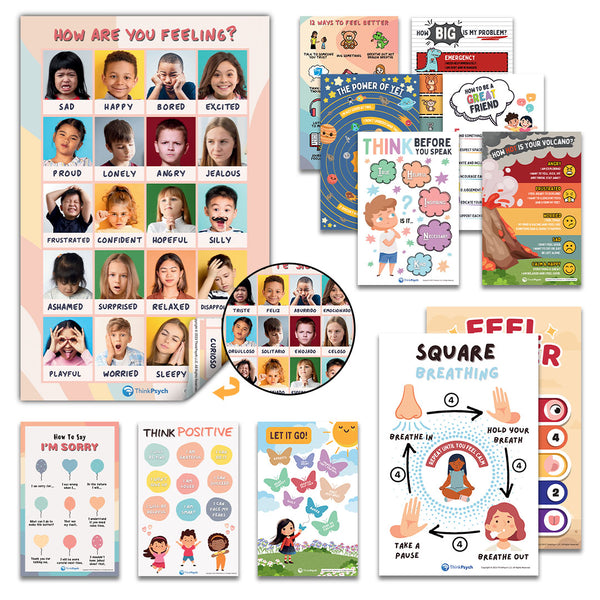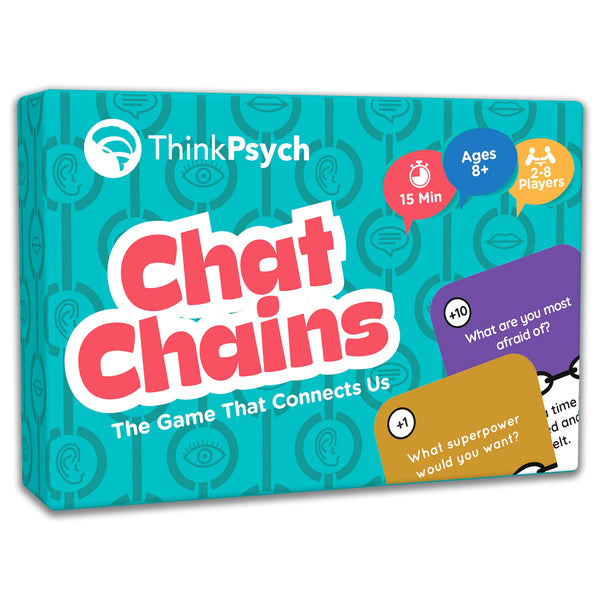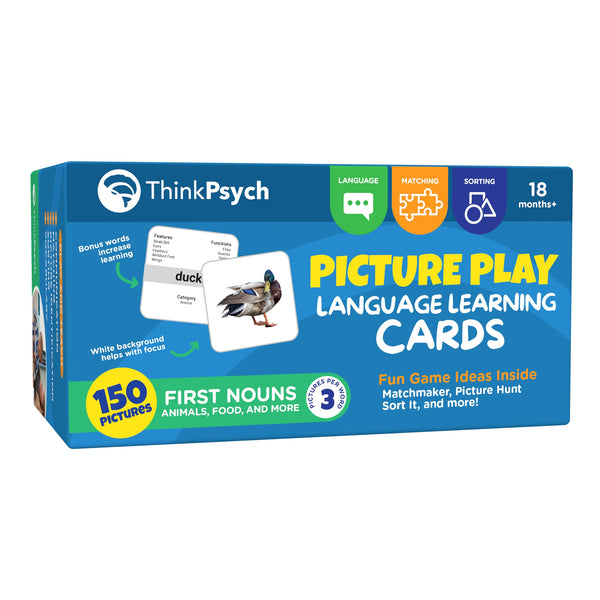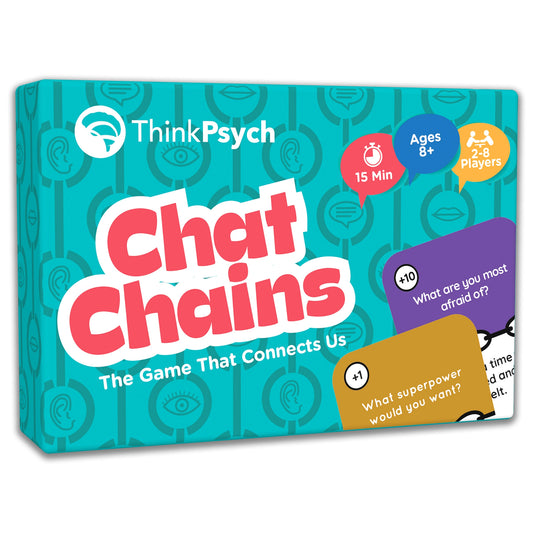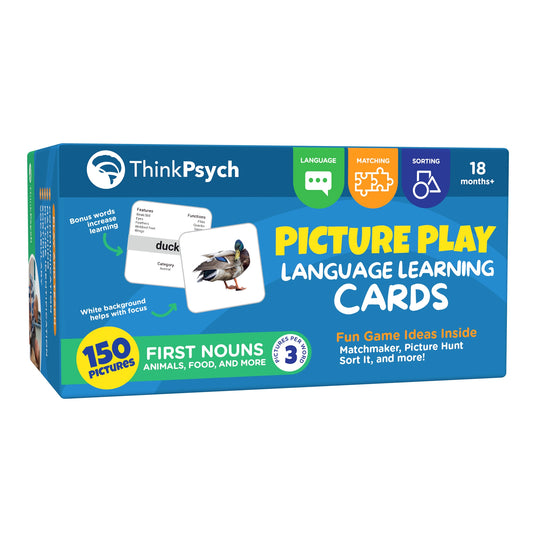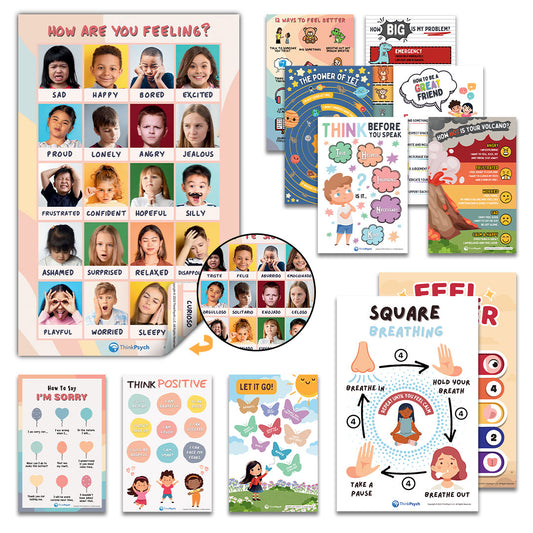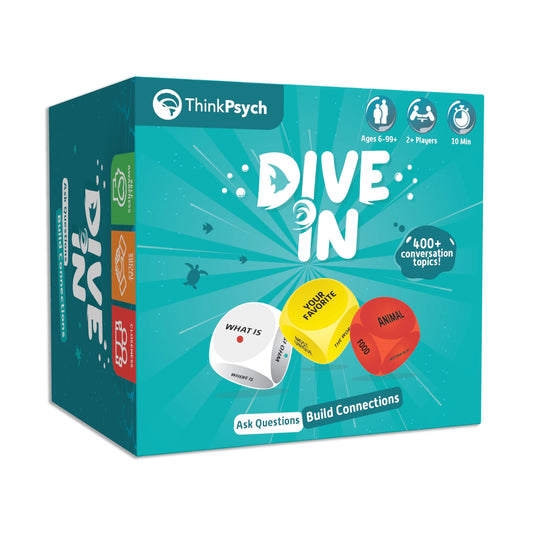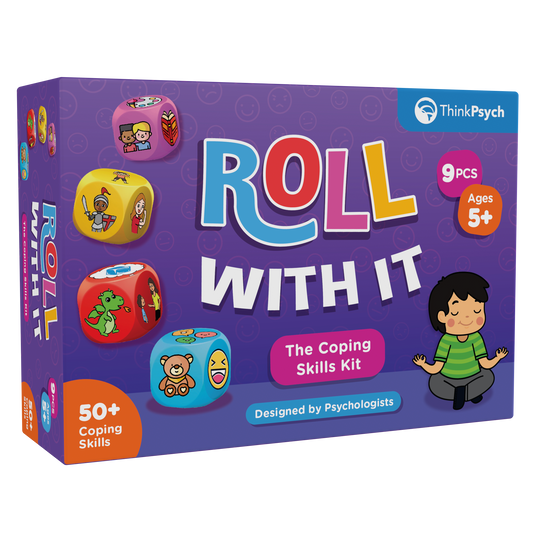
Speak Up: Tips for Parents and Educators to Develop Strong Communication Skills in Kids
Share
Good communication skills are essential for a child's growth and success. While learning subjects like science and math is definitely a good thing, most people still believe that strong communication is the most necessary skill for kids to get ahead in today's world.
After all, developing communication skills is what lets kids express their thoughts, understand others, and establish relationships. These skills help them in the classroom, at home, with friends, and later in their careers - which is why it's important to start early.
Both parents and educators have a big role to play in this. Here's everything you need to know to build strong communication skills in kids and prepare them for success in all areas of life.
Developing Communication Skills in Kids
Communication is at the heart of most activities in a child's life. It contributes to academic success, strengthens social skills, and boosts emotional intelligence.
Parents play a key role in developing their children's communication skills, as children often learn by observing and mimicking them. Nearly half of people also lean on their family throughout life, especially when times get tough, so parents should nurture that relationship.
Parents can set a strong example for their children by modeling effective communication behaviors. Additionally, creating an environment where open communication is encouraged can help children feel more comfortable sharing their thoughts and feelings.
The classroom is also a primary environment where children practice and refine these skills. Educators can incorporate communication skill-building into their lessons and create opportunities, like unlocking the power of play, for students to practice speaking, listening, and interacting respectfully with their peers.
Elements of Effective Communication
Building communication skills starts with several key elements. Understanding and practicing these can help children express themselves better and interact positively with others.
The three main components are active listening, clear expression, and respectful dialogue. Let's go over each in more detail.
Active Listening
Considered a trait of highly intelligent people, active listening is something that can be learned at an early age.
Active listening works by engaging both the listener's mind and body. Pay full attention to the speaker, make eye contact, nod, and provide verbal feedback such as "I see" or "that makes sense." This approach teaches children the importance of giving their full attention to others, leading to better comprehension and stronger relationships.
Clear Expression
Expressing feelings in a way others can easily understand allows children to articulate their ideas effectively, ensuring their messages are understood. This skill prevents misunderstandings and fosters effective interactions in both personal and academic settings.
Parents and educators can support clear expression by letting children think before they speak, organize their thoughts, and use simple, direct language. Role-playing activities and public speaking exercises, like show-and-tell or class presentations, can provide practical opportunities for children to practice clear expression.
Respectful Dialogue
Respectful conversations require politeness and consideration of others' viewpoints. This means listening without interrupting, disagreeing without being rude, and maintaining a calm tone even during disagreements.
Respectful dialogue works by promoting a positive communication environment where all participants feel heard. This skill empowers children to build strong relationships and navigate social interactions more effectively.
Practical Communication Tips for Parents and Educators
Your role as parents and educators is crucial to teaching children the skills they need. It will always require a joint effort by both sides - at home and in school. Here are some tips.
Create a supportive environment.
A supportive environment is one where children feel safe and express themselves without fear of judgment.
Parents can set routine meetings where family members regularly discuss their day. Meanwhile, educators can establish a classroom atmosphere where every student's opinion is valued. Use activities that encourage participation, such as group discussions and peer reviews.
When children know they are listened to and respected, they are more likely to communicate openly and confidently.
Shop ThinkPsych Products
Set a positive example.
Demonstrate effective communication behaviors yourself. Children learn by observing adults, so it's important to model the communication skills you want them to develop.
Show some genuine interest when your child speaks to you. Be empathetic in all your interactions, including during conflicts. Educators should always provide clear, concise instructions and keep a respectful dialogue going.
Setting a positive example works when the model to emulate is clear and practical. A child who sees great communication in action is more likely to follow suit.
Have fun together.
Collaborative activities at home and school involve working together towards a common goal - in a relaxed, fun setting. Meaningful play requires interaction to teach kids how to communicate, negotiate, and cooperate with others.
We highly recommend playing games that enhance these skills, such as Chat Chains and Dive In.
Chat Chains brings players together for real conversations, letting kids talk while earning points and competing to be the top chatter. On the other hand, Dive In offers over 400 conversation topics - ranging from funny to deep - so it's never a bore.
Parents and educators can use educational games to promote teamwork and discussion.
Use everyday learning opportunities.
Integrating practice into everyday life can help build communication skills naturally over time. Parents and children can catch up during meals, car rides, or chores. Ask open-ended questions to get kids thinking.
Teachers can use class activities, such as reading aloud or group discussions, to practice communication skills and give students a chance to explain their viewpoints.
Celebrate milestones and improvement.
Don't forget some positive reinforcement to encourage good behavior. Celebrate even the smallest achievements to show that you recognize your child's progress. This motivates them to keep growing and doing their best.
Teachers can make this fun by giving out a "Communicator of the Week" award. Use rewards or recognition to highlight student improvements, which can be applied to other skills as well.
Conclusion
Building strong communication skills in children is not just about teaching them to speak or listen well. We're nurturing their ability to connect deeply with others, express themselves confidently, and function well in a complex world.
For more guidance on supporting your child's emotional development, check out more of us here at ThinkPsych. With psychologist-designed toys and games, we make social-emotional learning fun and easy. Equip yourself with the tools needed to raise confident, emotionally healthy kids.
Remember that every interaction is an opportunity to strengthen these abilities. Together, as parents and educators, we can shape a brighter future for our children.
Sources:
- The skills Americans say kids need to succeed in life
https://www.pewresearch.org/short-reads/2015/02/19/skills-for-success/
- Families Drawn Together By Communication Revolution
https://www.pewresearch.org/wp-content/uploads/sites/3/2010/10/FamilyBonds.pdf
- This trait is a subtle sign someone is highly intelligent, says psychotherapist—some people are 'naturally gifted' with it
https://www.cnbc.com/2024/01/18/why-great-listeners-are-often-highly-intelligent-psychotherapist.html
